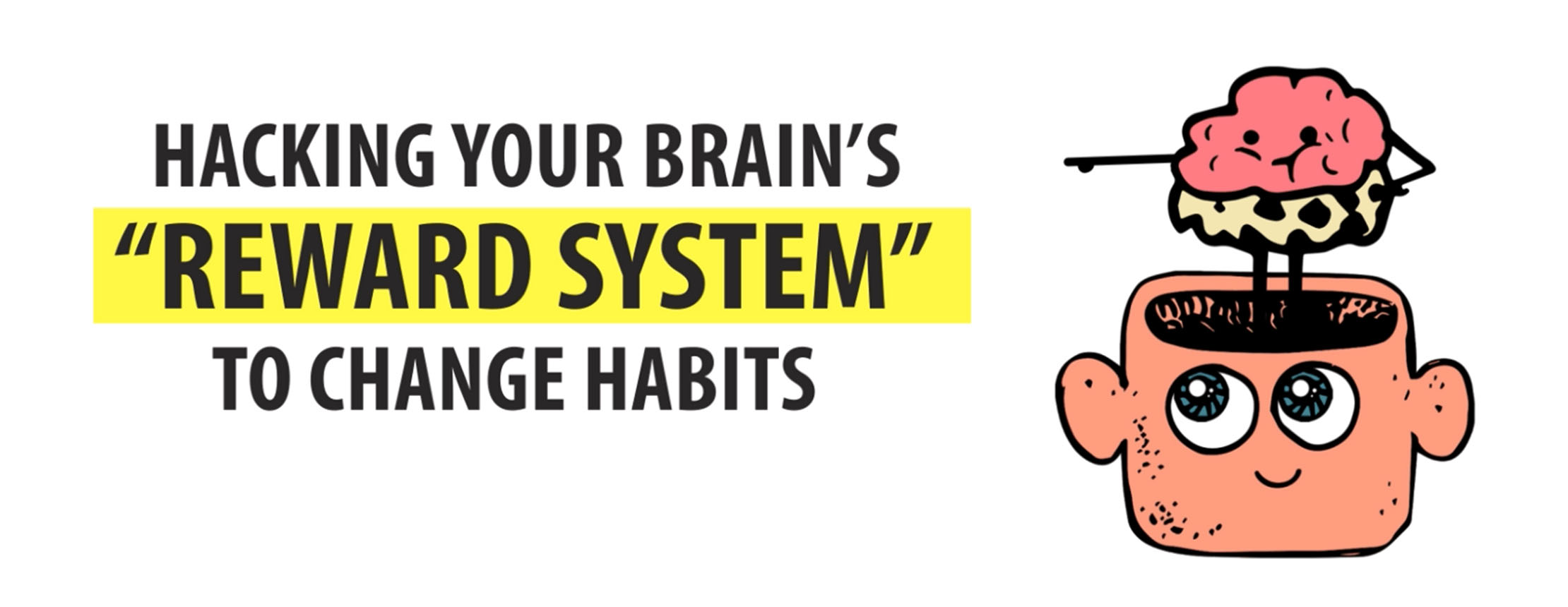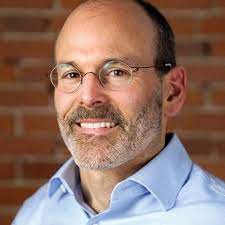Mindful Growth: Microhabits and Mindfulness with Dr Judson Brewer
This article was originally published at:
https://medium.com/fisv/mindful-growth-microhabits-and-mindfulness-with-dr-judson-brewer-aae8e052ff9f

In keeping with our theme of Mindful Growth for 2022, last week we partnered with Walking on Earth to kick off a series of virtual workshops aimed at giving senior leaders across our portfolio the tools and time they need to build healthy habits and the resilience to face the inevitable stresses that come with building companies.
Our first session was on the theme of Habits and we were delighted to welcome Dr Judson Brewer to walk us through some habit hacking tips.
Decisions on Autopilot
Judson taught us that a habit is a small decision or action you perform every day without thinking, on autopilot if you like. If we want to take control of our habits to adopt healthy ones or let go of the habits that are holding us back, we need to understand how the brain works and the effects of dopamine which causes our brain to remember something positive and creates the urge to repeat it.
By mapping out our unhealthy habits we were able to raise awareness of how they start and how unrewarding and unhelpful they were. Taking procrastination as an example there are two types to be aware of 1) our brain puts off doing something unpleasant or anxiety inducing 2) we are perfectionists and put off a task until we are in flow and feel able to do the best possible job.
Bigger, Better Offers
Although in the short-term procrastinating can feel rewarding, the composite reward value feels far less good than getting back on track and completing a task. Since behaviour change is all about sizing up reward value, the only way to change a negative habit is to raise awareness of the Bigger Better Offer, in the case of procrastination, the reward of completion.
Three Step Framework for Habit Hacking
Map the habit: identify the trigger, behaviour, result (see also www.mapmyhabit.com)
Pay attention to the habit / apply awareness to the result — how rewarding is it really?
Consider bigger, better offers
Dr Brewer has successfully applied this framework to smokers, asking them to map their habit and pay attention to the result - the taste, the sensation, the feeling afterwards; when smokers use socratic questioning to map out their habit, they often realise it doesn’t actually feel / taste quite so good and that realisation alone leads to more sustainable quitting behaviours.
As managers and leaders, if we want to change or influence the habits of customers, employees or broader stakeholders, we need to think about the rewards on offer since if somebody doesn’t have an acute pain point, you will find it far harder to sell them a pain reliever. Take the return to office for example, if we map out an employee experience what can employers do to make coming in as rewarding as staying home?
Building new, positive habits
Lastly, we considered how this framework applies to encouraging new, positive habits. Jud told us that we need to be kind to ourselves and embrace curiosity in considering the positive results of a good behaviour. There is evidence to suggest that by voicing those rituals, creating supportive systems to enable their achievement and aligning them to our identity rather than treating them as isolated actions, we can create greater commitment. If you start by adopting an incredibly small and easy habit you make it easier to initiate and more likely to sustain over time. The only way we develop wisdom is through experience — practice, very literally makes perfect.

Dr Judson Brewer is Director of the Mindfulness Center at Brown University, Associate Professor in Psychiatry at the School of Medicine, and a research affiliate at MIT. He is a thought leader in the field of habit change and has trained Olympic athletes, business leaders, and government ministers. His TED talk, A Simple Way to Break a Habit is one of the most-watched with over 17M views.



